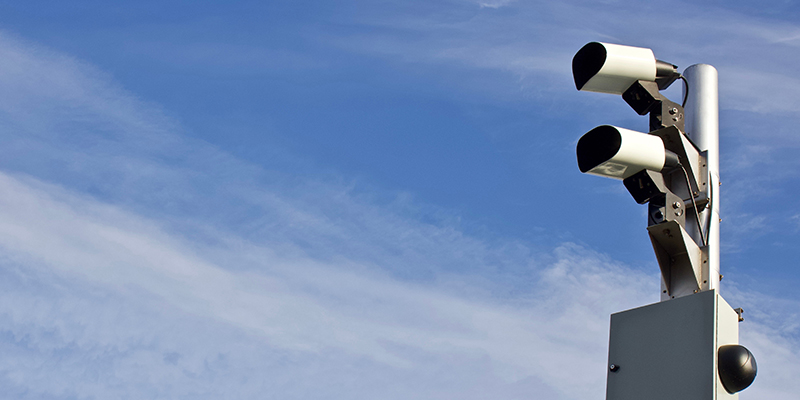HOA License Plate Readers In Bay County Raise Privacy Issues

Homeowners associations have started installing HOA license plate readers in Bay County, Florida. But, some organizations are raising concerns over privacy.
Browse By Category
Sign up for Our Newsletter
Homeowners associations have started installing HOA license plate readers in Bay County, Florida. But, some organizations are raising concerns over privacy.
A Big Help to Local Police
The police typically use license plate readers to catch car thieves, identify drivers, and recover missing persons. These readers use high-speed cameras that capture photos of passing vehicles and run the license plates through the Florida Department of Law Enforcement database. It then turns up results and sends alerts to the police cruiser computers in all areas. Most readers are installed on police cruisers, though there are also those that are affixed on posts along highways.
Bay County has 75 license plate readers. Each reader costs about $2,500 to maintain annually.
The license plate readers have helped local police address many crimes. If possible, Lynn Haven Police Department Lt. Charles Enfinger wants to have one on every street in the city. Considering the costs, though, it just isn’t financially practical.
In February, Country Club Harbour HOA installed two license plate readers in the community. With 308 properties in the association, the HOA and its security committee believe the readers will help with community safety. The HOA is also aiding local police by providing them with necessary information from the readers to mitigate crime.
Privacy Concerns Arise
Ellyne Fields, president of The Hammocks Residential Community of Lynn Haven HOA, is struggling with the idea of sharing information with the police. Her HOA recently installed a tag reader and is planning to install a second one next year.
Fields’ main concern is the privacy of innocent people in the community. She feels uncomfortable with using the tag reader to track people who have not committed any crimes and sharing that information with local law enforcement. The Lynn Haven Police Department, though, has assured Fields that the police will only keep that information for 30 days before getting rid of it.
License plate readers store information in the cloud indefinitely.
Organizations Speaking Up
While the Florida Department of Law Enforcement’s guidelines protects the privacy of individuals, some organizations aren’t buying it. One such organization is the American Civil Liberties Union of Florida.
“The growth of license plate readers is creating a world where nobody can go anywhere without being tracked,” the group said in a statement, describing the act of location tracking as “a significant invasion of privacy.”
The Electronic Frontier Foundation, a nonprofit organization, also dubbed HOA license plate readers as “dangerous technology.”
Trending Now
Related Article
Sign up for Our Monthly Newsletter
Sign up below for monthly updates on all HOA Resource
















